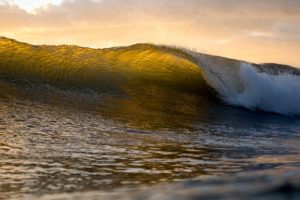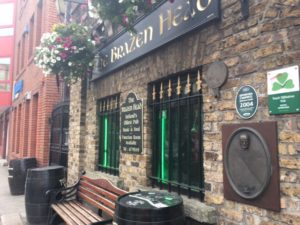 As I argue in my latest online column for MoneySense, published this morning, I believe that the next big wave to be surfed by the baby boom generation will NOT be retirement, but Semi-Retirement. Click on highlighted link to access: Why semi-retirement is the future.
As I argue in my latest online column for MoneySense, published this morning, I believe that the next big wave to be surfed by the baby boom generation will NOT be retirement, but Semi-Retirement. Click on highlighted link to access: Why semi-retirement is the future.
See also my October 18th interview on this topic with CBC On the Money’s Peter Armstrong.
I’ve also argued that the boomers are largely going to be responsible for retiring the very word Retirement. This is of course the central theme of the book I co-authored with former corporate banker Mike Drak: Victory Lap Retirement, which MoneySense excerpted in its Summer retirement issue. See Why you wake up each day. (See also links to two recent reviews and a BNN clip listed at the end of yesterday’s blog: Millennials say Financial Independence defines Adulthood.)
Now a cynic might argue that in making the Victory Lap Argument, necessity is the mother of invention. A lot of us haven’t saved enough to retire in the style to which we’d like to be accustomed. Add to that the decline of corporate Defined Benefit pension plans and minuscule interest rates and there’s a lot to be said (at least financially speaking) for sticking at the old grind for five or ten extra years.
But those extra years don’t have to be spent as an employee in a corporate setting, complete with the challenges of coping with bosses, endless meetings, daily commutes and all the rest of it. There has to be a happy medium between corporate wave slavery and the traditional “full-stop” retirement that amounts to a permanent vacation. Some call this new stage between full-time careers and traditional retirement an encore career or a legacy career. We call it the Victory Lap.
The real wild card is extended Longevity







